is available on iTunes for the audio portion of this video!
Ciao a tutti! Come state? Tutto bene? Sono appena tornata dall’Italia dopo aver passato più di tre mesi lì durante l’estate.
Hi guys! How are you all doing? Are things okay? I’ve returned from Italy after having spent about three months there this past summer.
È da un po’ che ho fatto un nuovo video. Sono stata occupata con i viaggi e un altro motivo per cui non ho registrato tanti video quest’anno è perché ho pubblicato il terzo romanzo intitolato “Eternally Artemisia.” Un altro progetto che mi ha impegnato era la tradizione in italiano del mio secondo romanzo ambientato ad Arezzo chiamato “Waking Isabella.” La versione italiana è intitolata “Il risveglio di Isabella.”
It’s been a while since I made a new video. I’ve been busy traveling, and another reason I haven’t made many videos this year is that I published my third novel called “Eternally Artemisia.” Another project that has kept me busy was the translation into Italian of my second novel set in Arezzo “Waking Isabella.” The Italian version is called “Il risveglio di Isabella.” All my books are available on Amazon in print and epub.
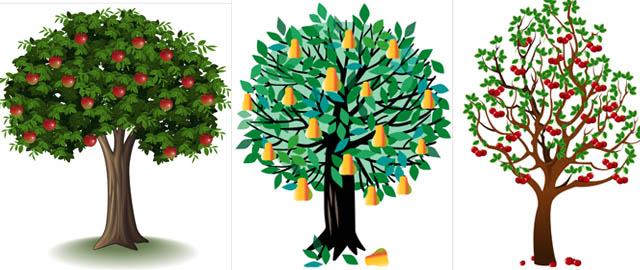
Sono stata molto coinvolta in questi progetti… ma adesso che sono a casa di nuovo, oggi prima di tornare a scrivere i post per il blog — e prima di cominciare a scrivere un altro libro — non sto scherzando, la mia testa frulla con le idee per un nuovo romanzo — volevo passare a salutarvi e parlarvi degli alberi! Ancora una volta non sto scherzando! Vorrei parlarvi degli alberi e condividere alcune informazioni e una piccola saggezza per aiutarvi con l’apprendimento della lingua. State sintonizzati.
I was very involved in these projects… but now I am home again, and today before getting back to writing a post for the blog — and before beginning to write another book — I’m not joking, my head is filled with new ideas for another book — I wanted to stop by my Youtube Channel and talk to you about trees! Once again, I’m not joking! I would like to talk to you all about trees and share some information and a little bit a sage advice to help with learning Italian.
Un po’ di musica maestro!
Insert the Matta Theme song!
Ciao di nuovo da Austin Texas, dalla mia nuova casa. Sono qui nella parte si chiama il paese di collina or “hill country.” Questa zona è molto “collinare.” Mi trovo bene qui! C’è molto verde e ci sono anche tanti alberi.
Hi again, from Austin Texas, from my new home. I’m here in the area they call the hill country. This area is very indeed very “hilly.” I like it a lot. There is also a lot of green spaces and also lots of trees.
Vi piacciono gli alberi? C’è qualcosa interessante di notare e di ricordare quando si parla di alberi da frutto e dei frutti che producono. Per esempio:
Do you like trees? Learning Italian there is something interesting to note and remember when you are talking about fruit trees and the fruit they produce. For example:
Un albero di mele (apple tree) è un “melo” = maschile
An apple tree is a “melo” = masculine noun
La frutta di un “melo” è una mela = femminile
The fruit of an apple tree is a “mela” = feminine noun
Un albero di pere (pear tree) è un “pero” = maschile
A pear tree is a “pero” = masculine noun
La frutta di un “melo” è una pera = femminile
The fruit of an pear tree is a “pera” = feminine noun
Un albero di ciliegia (cherry tree) è un “ciliegio” = maschile
A cherry tree is a “ciliegio” = masculine noun
La frutta di un “ciliegio” è una ciliegia = femminile
The fruit of a cherry tree is a “ciliegia” = feminine noun
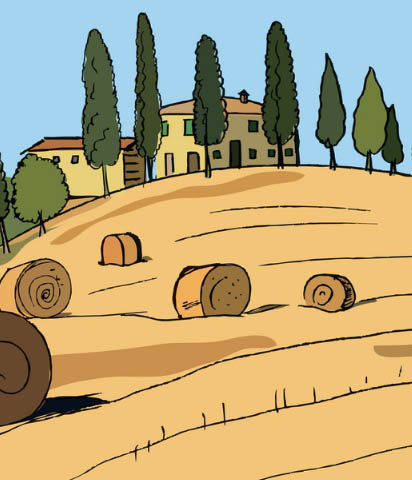
Qui in Texas ci sono tante varietà di alberi: quercia, cedro, frassino sicomoro (oak, cedar, ash, sycamore) ma non ci sono i cipressi come in Italia. Immagino sia perché siamo più sud e il clima è diverso anche se fa caldo e c’è tanta umidità come in toscana.
Here in Texas there are many varieties of trees: oak, cedar, ash, sycamore, but there are no cypress trees as there are in Italy. I guess it is because we are so far south and the climate is so different, even if it is hot and there is a lot of humidity as in Tuscany.
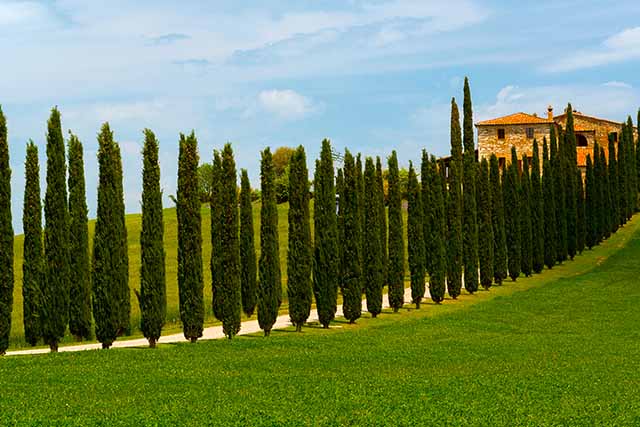
Sapete che cos’è un cipresso? È un albero molto particolare. È un albero longevo – infatti i cipresi vivono per diverse centinaia di anni. Sono molto alti e sono utilizzati spesso come alberi ornamentali.
Did you know what a Cypress tree is? It is a very unusual tree. It is a long-lived tree — in fact, cypress can live hundreds of years. They are very tall and are used for ornamental purposes.
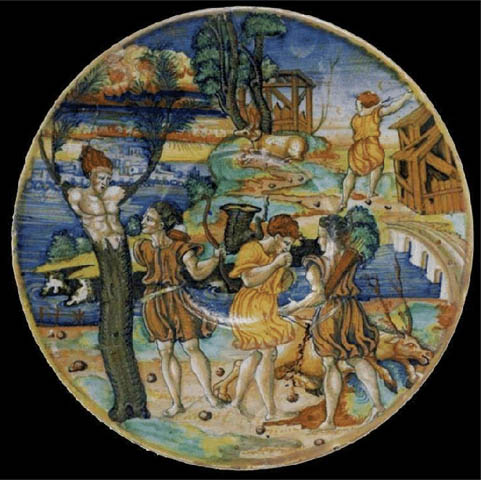
Nell’antica Grecia, una leggenda narra che Apollo s’innamorò perdutamente di un giovane, Ciparisso. Ciparisso aveva per compagno un cervo, che egli stesso aveva allevato ed addomesticato; ma accadde che un giorno, mentre si esercitava con l’arco, il giovane uccise l’animale, colpendolo per errore.
There is a legend that comes from ancient Greece that tells the story of Apollo and how he fell hopelessly in love with a young boy named Ciparisso. Ciparisso had as a companion a deer, that he raised himself and domesticated; but it happened that one day, while he was practicing with his bow and arrow, the youth killed the animal by mistake.
Il ragazzo non sopportò il rimorso per la perdita del cervo e implorò gli dei per avere a sua volta la morte. Apollo, commosso dal dolore dell’amato, lo trasformò in un albero, appunto il cipresso, che da allora è il simbolo del dolore, del lutto e dell’accesso all’eternità.
The boy couldn’t contain his anguish for the loss of his deer and implored the gods to take his life. Apollo, moved by sadness for his loved one, transformed him into a tree — you got it — a cypress tree. From the moment it became the symbol of sorrow, of mourning and represents an entrance to heaven.
Bella, questa storia, no?
Per questa ragione, il cipresso è una pianta che simboleggia il viaggio dell’anima verso il regno celeste; spesso utilizzato nei cimiteri, viene associato alla vita eterna dopo la morte.
For this reason, the cypress tree symbolized the voyage of the soul to heaven; it is often found in cemeteries and is associated with eternal life after death.
Allora. Ecco la saggezza che volevo condividere con tutti voi. Penso che sia un messaggio importante da ricordare:
Now. Here is a bit of wisdom I wanted to share with you.
I think it is an important message to remember.
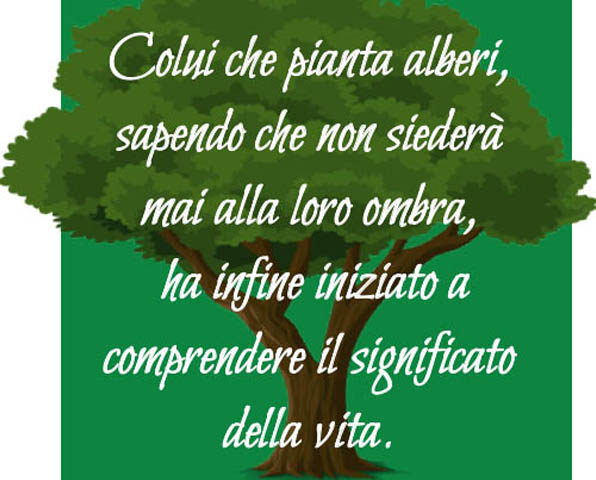
Colui che pianta alberi, sapendo che non siederà mai alla loro ombra, ha infine iniziato a comprendere il significato della vita.
Those who plant trees, knowing he will never sit in its shadow,
has already begun to understand the significance of life.
Che ne pensate? Trovate ispirazione nel pensiero?
What do you think? Do you find inspiration in that thought?
O preferireste vedere risultati immediati che riguardano solo questa generazione?
Or would you rather have immediate results that pertain to this generation?
Avete altri pensieri illuminanti da condividere con me? Fatemi sapere!
Do you have other pearls of wisdom to share with me? Let me know!
Adesso vado a godermi l’ombra di un’albero che qualcuno ha già pianta per me. Penserò a lui e lo ringraziarlo. Alla prossima! Ciao!!!
Now I’m going to go enjoy the shade of a tree that someone has already planted for me. I will think of him and thank him. Until next time!
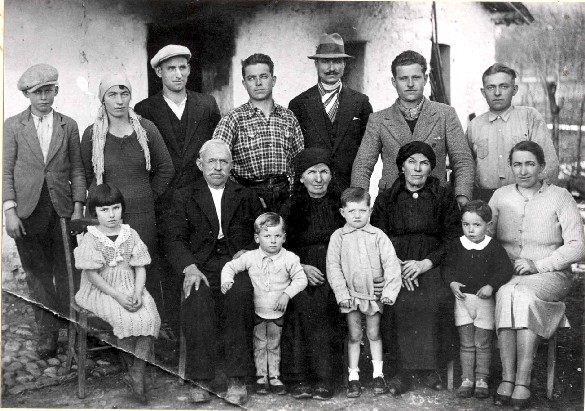

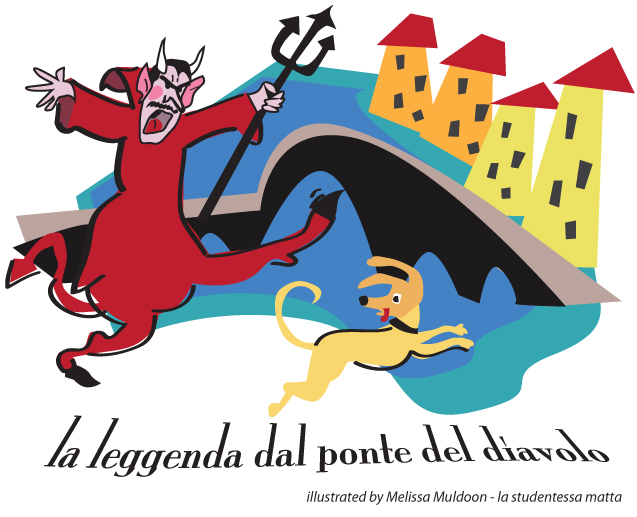









Brava Melissa sei un insegnante molto valida ..
Mi piace molto La saggezza e la storia di Apollo. Grazie.
Hi Melissa,
I’m getting on in years, so I loved your ‘saggezza’. However, perhaps the word ‘infine’ could be better translated as ‘finally’ rather than ‘already’ in this context as I think the message is that the tree planter has finally woken up to the beauty and meaning of life.
Many thanks,
Les
Amei o podcast, acabei de conhecer e já amei!
Grazie, for the meaningful meditation on trees, with story and differentiation of masculine and feminine. I was in Tuscany recently, and was told that the Cypress (Cipresso) is the masculine, phallic shaped tree, the ones we are most familiar with, which represents viral life-force, and “vitality.” The essential oil of Cypress has this attribute. There is a feminine shaped Cypress (Cipressa), with more branches, bulbous and bulkier, representing mother, womb and family and Cipressi, the plural. So yes, the soul is eternal in the Cipressi!